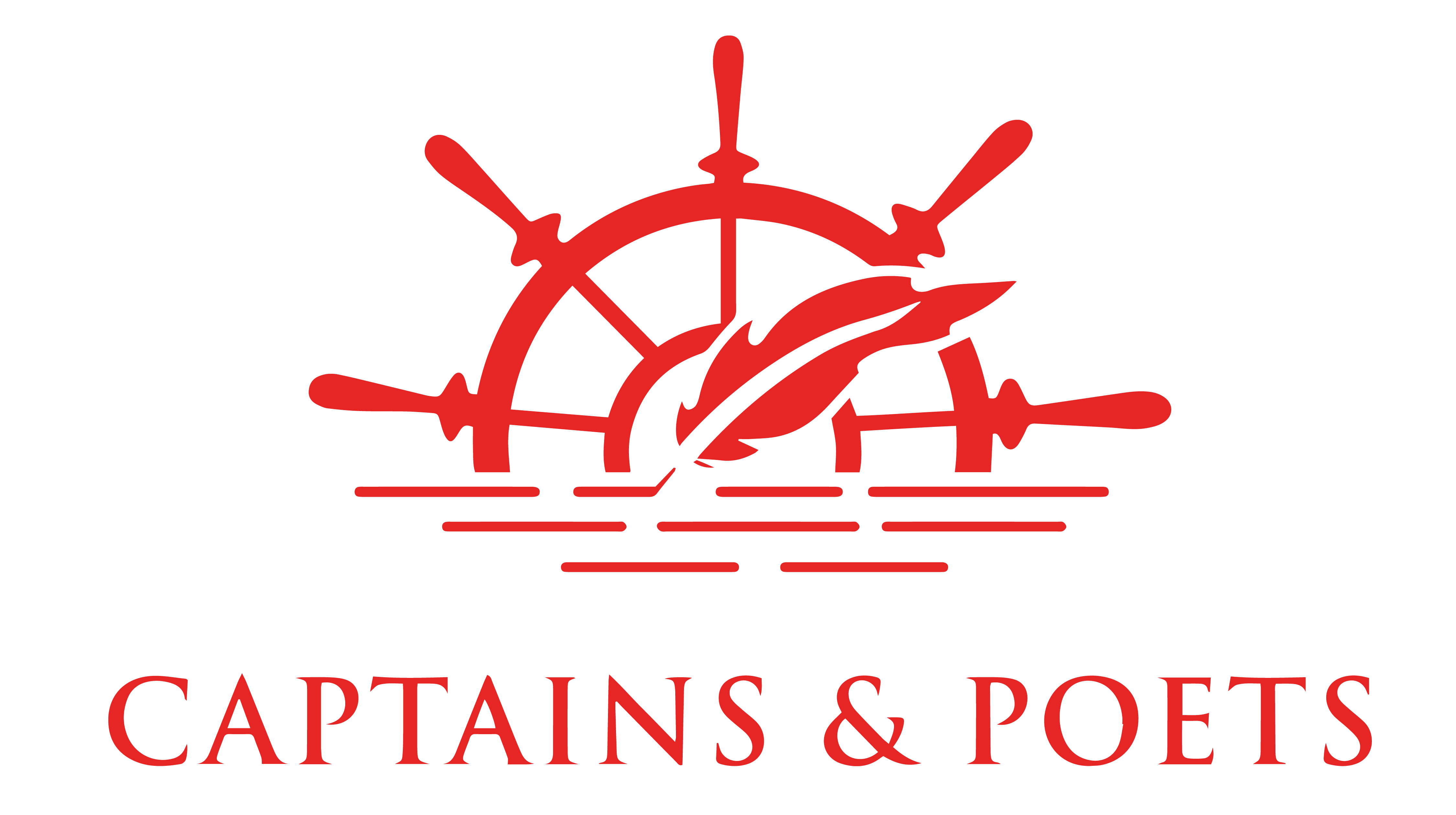By Simon Storey
You get a powerful impression of the culture of a school as soon as you walk in the door. It’s the little things and those invisible factors that tell you if you are welcome. When I look back on my career as a principal, it’s abundantly clear that we need to continue on the path of creating more inclusive school environments that welcome not only every child, but families and communities as well.
As a principal for two decades, I did my best to show up and be the best leader I could be. When I reflect on those years, I can see the Captain and Poet in myself and those around me.
When I think about our education system, many teachers are Captains around the emphasis that is placed on academic rigour. The Poet shows up in the teachers who make it an art form and really connect with the students. The one fundamental thing they all have in common is they let students know they care in their own authentic way. Some do this with affection and some with a quiet presence. The bottom line is that they show up for the students.
I was a Captain Principal in that I was known for setting clear expectations and for being the guy you didn’t want to disappoint. If something had to get done, it had to get done. As a principal, you have to take responsibility for everything inside the walls of your school and support your team in every way you can.
My Poet side knew that connection was everything and I invested heavily in the people around me. I spent time with teachers, students, and parents and tried my best to develop a rapport with them and make everyone feel comfortable. I listened and I was responsive. I learned early on that effective communication was vital. I not only had to show up, I had to listen.
When my Captain and Poet were in harmony, I wasn’t afraid to take a stand for what was important, even if it wasn’t the popular thing to do. Although there was pressure to be the instructional leader, I knew deep down that I was the lead learner. My Captain gave me the boldness to set goals and hold people accountable but my Poet was constantly seeking a better way to serve our students. I saw each teacher’s unique strengths and quirks and encouraged them to always go further in their own development. As a creative and collaborative problem solver, I knew that bringing people together was the only way to carve a path forward. This knowledge is even more important today with the complexity of the issues faced by teachers and students.
As a principal, whenever I was asked how I accomplished a Board mandate or turned a critical situation around, it always came down to creating an engaging environment. Finding a way to reach as many staff, students, and families as possible is the ultimate formula for a strong school community.
We all have a toolkit to offer others. I respected the myriad of Captain and Poet styles and approaches my colleagues took in the classroom, in working with students at risk and in sitting down with parents to work through challenging situations. I have always valued different teaching and communication styles as they are evidence that there is no one way to learn or to be. Sometimes we need to be firm and sometimes taking a softer approach is when your real strength comes out.
I have since retired, but today, it seems more important than ever to have top of mind that students want to be heard. Things have changed since I started teaching and programs like Captains & Poets allow students to have an authentic voice about who they are and what they want to be. So much of the angst I witnessed in my office and in the halls was as a direct result of those voices being shut down, or at least not encouraged. Today, we all know and accept on some level that everyone is different but we still don’t allow everyone to fully express themselves and be heard. We need to learn to see children fully instead of telling them who and what they are capable of being by the age of six in order to give them the opportunity to discover themselves on their own terms.
The Captains & Poets curriculum is also a wonderful way to create connections with the home. Helping students to be their authentic selves starts with them. It is their ship to steer, and we all need to support them. Captains & Poets offers an easy and intuitive way to structure these conversations with parents. “Here is what I have heard or seen with your son or daughter.” “They are a noble Captain when they make unpopular choices that are authentic to them.” “They are a noble Poet when they take their eye off the ball to go check on a teammate.”
Maybe, just maybe, if we do this, we will loosen the cap that we place on creativity in the system as well. There is so much potential in students that goes untapped. At the very least, we can engage them. The program also raises questions about how we accommodate and support the students that are hiding their Poet, their inner self. Giving students permission to express themselves is a good start.
Our schools can’t just be about doling out curriculum and assignments. Students today are bringing so much rich personal curriculum and lived experience to the classroom that we simply can’t ignore it; gender identity, racial and cultural background, personal histories. The education system needs to find a way to embrace this reality as it is an opportunity not just for the child but for the entire community.
We all have biases. We are all continually learning. No doubt we would all handle some things differently than we did 20 years ago, but we should be seasoned through experience to be reassured by this. None of us are at the finish line and the evolving society we are in reminds us of this every day.
Learning to connect with the whole person in the classroom requires us to do the same for ourselves. Do we need to be perfect? Certainly not. We each need to start where we are on the journey of learning. It’s the little things that really matter. Don’t start your day taking up the math homework. Start with a conversation to build a safe and inclusive environment. The best teachers make it look easy because they bring themselves to the equation.

